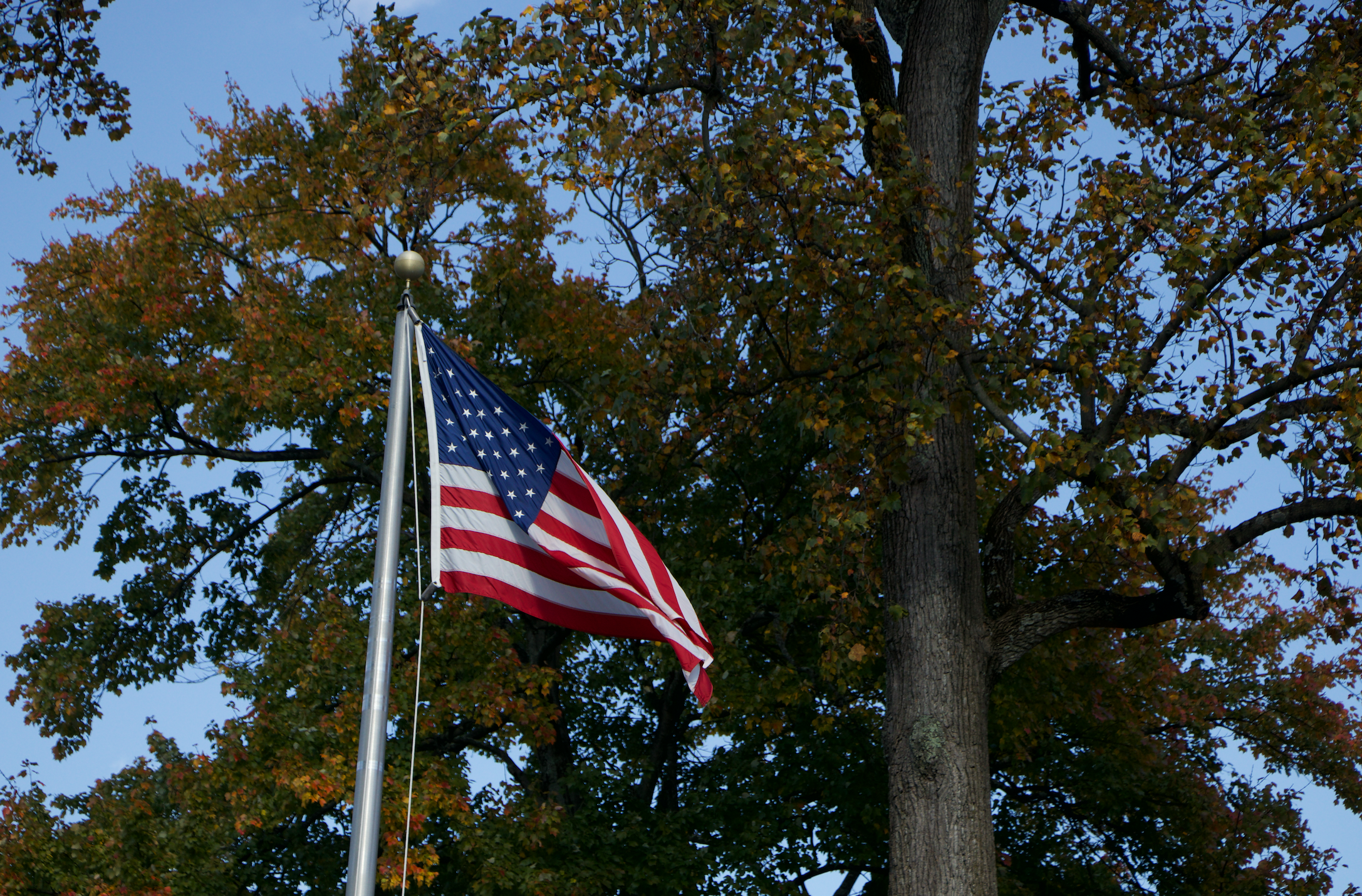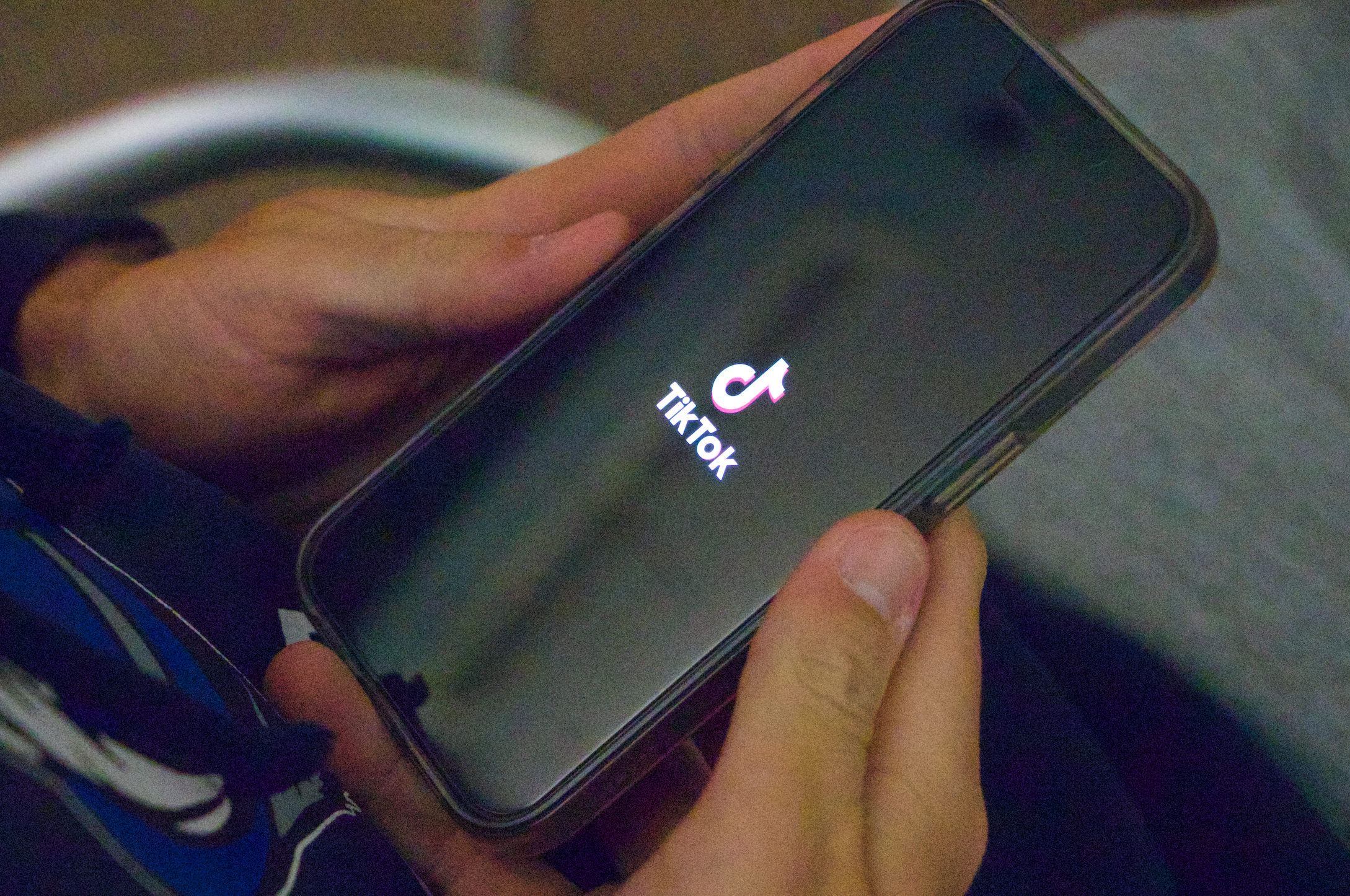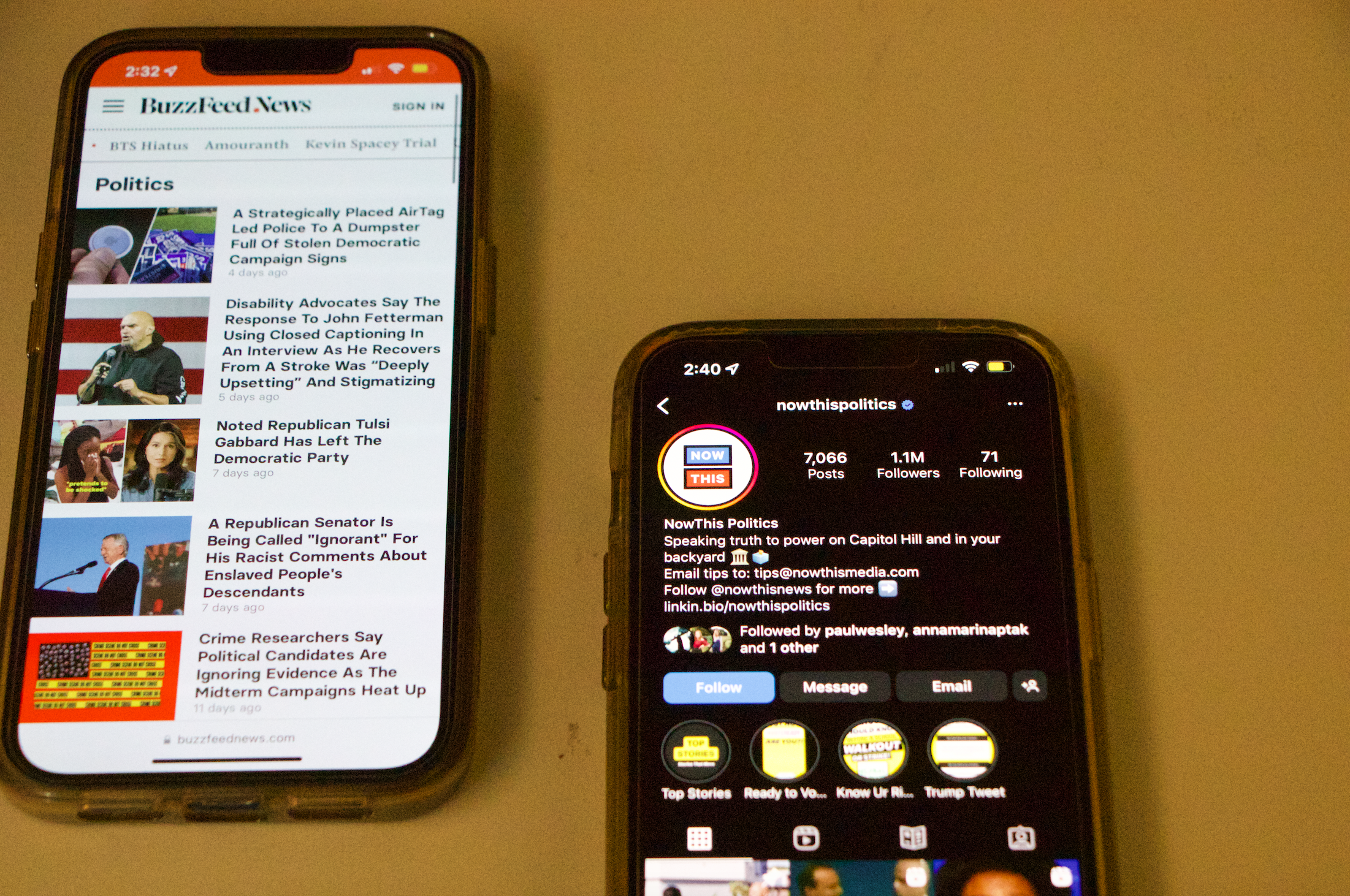In the past 15 years, the social media world and politics have become increasingly intertwined. In 2008, almost three-quarters of Internet users went online during the election to get news or information regarding the campaigns. More recently, former President Donald Trump’s active participation on Twitter demonstrated how the U.S. commander in chief can express ideas directly from their thumbs to the public.

For some, social media is a place to share pictures of fun things they did last weekend. For others, social media is a platform to elevate their business or an outlet to express their beliefs. For everyone, social media has become a vital aspect of the “digital age.”
“I think social media became so popular in terms of our daily news interactions for business purposes or just interpersonal communications. … It was an easier way to communicate two-way with multiple mediums and media,” Dr. Nune Grigoryan, assistant professor of communication said.
Grigoryan explained that technological advancements allow accessibility to connect with more people despite geographic limitations. “We are both creators and consumers … and that was not the case before social media,” Grigoryan said.
Social media’s role in politics
Grigoryan said, “For the most part, there are three different goals that social media is used for in politics: political campaigning [raising awareness around campaigns], fundraisers, and engaging volunteers.”
Around Cabrini, social media has played a critical role in the Pennsylvania elections for governor, lieutenant governor, U.S Senate, U.S House of Representatives, and local government. “We now consume most of our news and information about campaigns and otherwise, all from social media,” Grigoryan said.
Members of the Cabrini community said social media in politics is a double-edged sword. Paige Fiore, junior elementary and special education major, said, “It can help, but it can also hurt.”
Kerrie Habicht, junior elementary and special education major, said, “It can lead to a lot of misinformation.”
Despite the possibility of sharing misinformation, some suggest politicians should be able to spread their campaign messages and goals directly.

Social media platforms have received a lot of negative feedback in the political realm since 2016. Grigoryan offered a few solutions between social media and politics, including altering the algorithm which oversees what content users see based on their interactions on social media apps. “Altering the algorithm can be a way to diversify your timeline more so that you are not only getting information that confirms what you think,” Grigoryan said.
Another solution Grigoryan proposed would be having platforms making decisions regarding how political campaigns and content will be produced and consumed. In 2020, the Twitter management team announced they would not accept or post any political advertisements from candidates. “As a user, you could share something from YouTube and they were not going to block it,” Grigoryan said. “Making a decision as a platform of what political content you can post and what not can be another point of compromise.”
A final solution Grigoryan voiced was the use of moderators and the improvement of media literacy. Grigoryan acknowledged that human moderators may be biased in their fact checking based on personal perspectives, but “making sure they are also fact checking algorithms in place,” such as Facebook, allows for a compromise between social media and politics. Users learning “how to identify fake information” makes it “easier to avoid misinformation spreading,” or altering personal perspectives of other political views, Grigoryan said.
Looking ahead
Social media has an immense influence on society and can be used to depolarize voters and eliminate the current hostility in the political sphere.
By discouraging fragmented information on platforms and promoting different perspectives on political issues, social media users can find commonalities with others of different political beliefs. Commonalities are the foundation for bridging differences in all spheres of public life.



